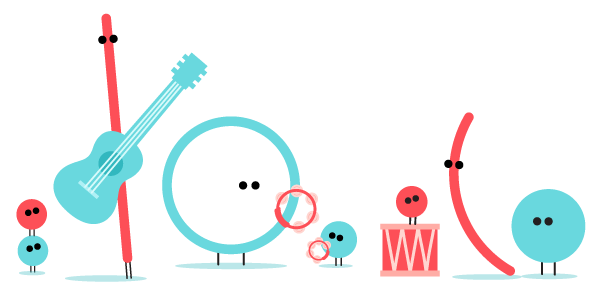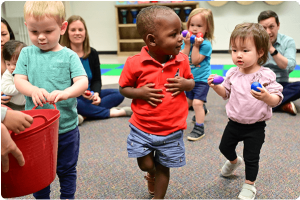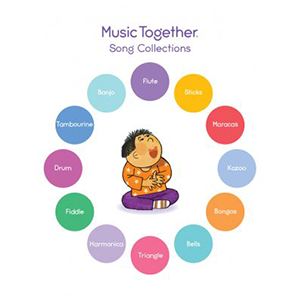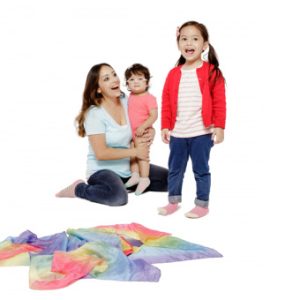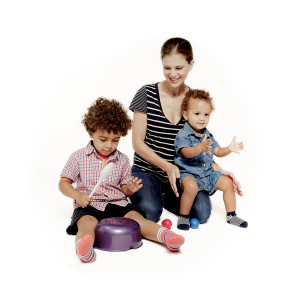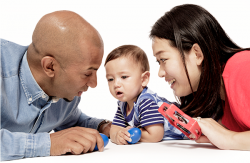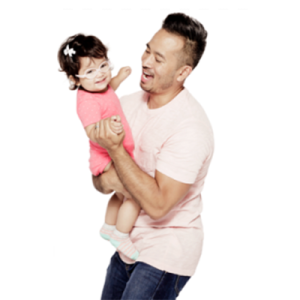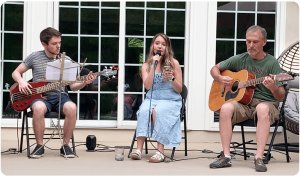
One Family’s Music Together® StoryOver the years, we’ve heard from many Music Together alumni about how music shows up in their adult lives. Some became professionals (including one Billie Eilish!), while many others found their own ways to be musical. Meet mom Lauren Zalewski, whose two Music Together grads still have music as a part… Read more »




